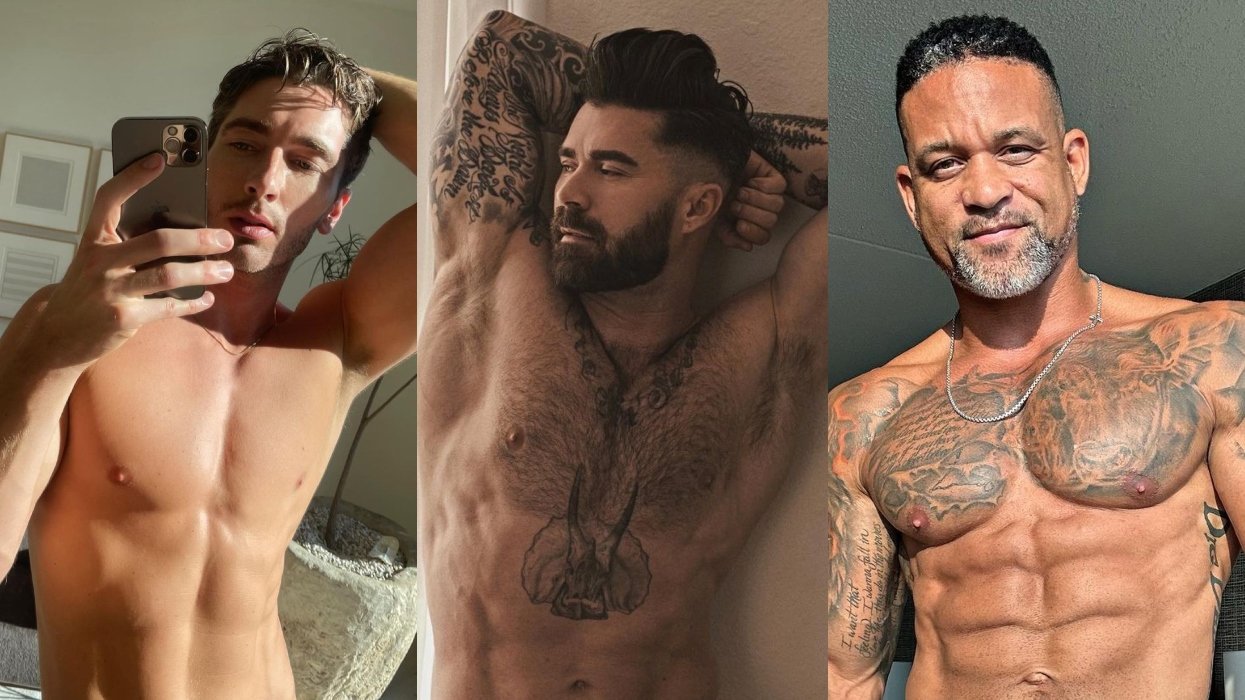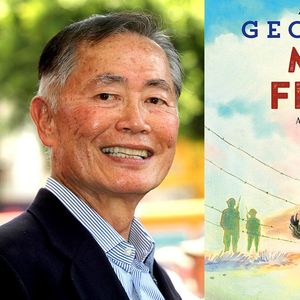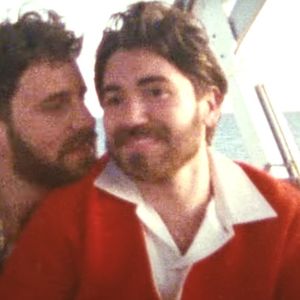Paul Williams. For those of you old enough to remember bell-bottoms and Pong, you'll know him as a prolific singer-songwriter, composer, and television personality. Even those of you who missed the '70s will know his work. Williams wrote songs like "An Old Fashioned Love Song," "We've Only Just Begun," and "Evergreen." "Rainbow Connection," from The Muppet Movie, his too. Williams is the subject of a new documentary by Stephen Kessler, Paul Williams Still Alive.
Yes, though many people may have been under the impression that Williams had passed, the Oscar-winning songwriter is still alive and still writing. Kessler's film follows Williams as he tours North America and the Philippines. Yes, Paul Williams is still alive and very busy. We caught up with the singer between gigs.
Out: So how would you describe the film?
Paul Williams: It's not a typical documentary. What usually winds up on the cutting room floor, for most movies, I think became the heart of our picture.
You and Steve had some really great chemistry on screen. How did Stephen convince you to do this?
I'm really not good at confrontation. You know what it's like, a thirty-subject email about something I don't want to do but I don't know how to say "no" to. A year later I responded saying "Well I don't know...I'll tell you what, I'm gonna go to this thing called Fanapalooza and if you want to come and shoot that, that might be an interesting thing to shoot."
And that's how it started?
Yeah. I did the thing in Winnipeg, the Fanapalooza thing, with Steve and then he called and he seemed like a nice guy, but he had a camera in my face. I asked him to go on a trip with my wife and I when I when I spoke at a fundraiser for the Houston Drug and Alcohol council. He was there and the film sort of revealed itself.
Did you think Stephen had an angle or an agenda?
I don't think it was conscious, I think it was very unconscious. I think that he thought I'd be living in a trailer behind a junkyard and living off the allowance of this puppet doing "Rainbow Connection." He was a little boy in Queens who wanted to grow up to be Paul Williams. I think that he equated fame with happiness and that being out of the spotlight had to mean unhappiness. The fact is that I've just never ever found anything more pathetic than some little old man going "please sir may I have another cup of fame." I just hate that, the idea of a "Where Are They Now" type of documentary.
I got from the film that Stephen thinks that you don't look back at the past and that you're always focused on looking forward. Do you think that's true?
I think so. The fact is that I have a full life today and I've got a lot of work to do. First of all, I'm continuing to write. Two, I have the opportunity to speak out for the people I represent. I was elected president of ASCAP [The American Society of Composers, Authors and Publishers]. There are 437,000 members of ASCAP all over. There'll be 450,000 before the year's over.
I have great memories of the past. I mean I remember getting the Oscar and walking off stage and looking at an audience that included Kirk Douglass and Burt Lancaster and Gregory Peck and all these stars from my heyday. I have wonderful memories of working with Jim Henson. Sitting with him and deciding what songs would go in the Muppet movie. Working with Streisand. Sitting down with Barbara and writing "With One More Look at You." It was great.
One of the things I'm most proud of is taking out this ad. In 1977, Anita Bryant was involved with a horrific campaign to try to stop gays from being hired as teachers or something to that effect. So I took out a full-page ad in Variety, which stated, incidentally Anita Bryant was the spokeswoman for Florida Orange Juice, "Mr. and Mrs. Paul Williams, in response to Anita Bryant's crusade, have stopped drinking... screwdrivers."
What do you think of the final product?
I'm really proud of the film that Steve made. I think that it says a lot about fame, about the deity mentality, that recovery works.



















































































